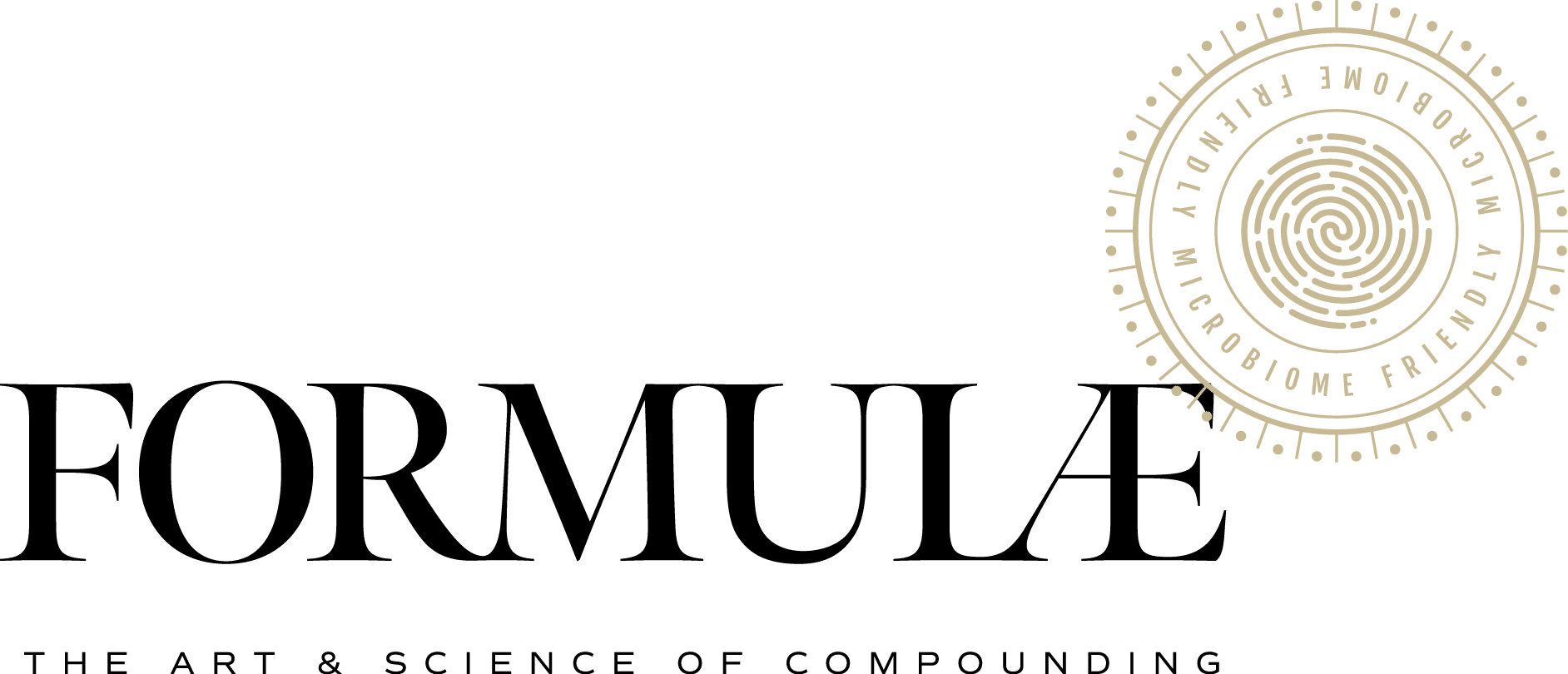Restoring Your Gut Microbiome – Weed, Seed and Feed!
By Mary-Lou Condon
I firmly believe that you are what you eat and health begins in your gut. It’s critical for the prevention of disease, creating wellness, supporting longevity as a whole. A healthy microbiome is important for the way in which we absorb nutrients, store nutrients and prevent deficiencies of nutrients. As previously discussed in a previous article by my colleague, Ben Eshelby(Restore your Microbiome Through Personalised Nutrition – Formulae Compounding Pharmacists), correcting nutrient deficiencies and repairing the microbiome go hand in hand. In this quick video I will focus on my 3 principles for restoring the Gut Microbiome. These three principles are weed, seed and feed.
Weed
Like a garden, the gut microbiome is full of many different types of organisms. Also like a garden that is not tended to properly, sometimes certain plants will start to overgrow and become weeds. In the gut we find that certain species of bacteria and fungi sometimes start to overgrow, in addition to invasion by outside parasites which start to grow synonymously with weeds. When the microbiome is unbalanced like this we start to notice things like:
- Bloating
- digestive health issues
- indigestion
- fungal infections
- sugar cravings
- food intolerances
What we need to do is rebalance the microbiome. This involves “weeding out” elements of our diet that have contributed to the imbalance. We need to drastically reduce the amount of alcohol, refined carbohydrates, processed oils and preservatives .
One factor that is also often overlooked is the role of exercise and physical fitness on the balance of the gut microbiome. When we start to exercise regularly, our gut microbiome changes. We start to have the reversal of growth of certain species and a flourishing of species of bacteria that release compounds that are beneficial to health. It has been shown that bacteria that produce short chain fatty acids dominate. Short chain fatty acids such as butyrate are anti-inflammatory, regulate the immune system, reduce obesity, decrease the likelihood of type-2 diabetes, provide cancer protection, protect the liver and have neuroprotective activities which promotes brain health. Exercise is one of the most important ways in which to weed the malignant bacterial growths from our gut.
We often need to “weed” before we do anything else and to make sure this stage is done correctly. Microbiome testing pathology can be done to discover an individuals gut health and it is useful to repeat at intervals to track health. If the wrong probiotics or strategies are used without investigating gut health first then symptoms may become worse.
Seed
Weeding gets rid of the bacteria that have overgrown. However, in a dysbiosis or in other words, an unbalanced microbiome, some bacteria will be struggling to survive. Seeding the microbiome involves using both pro-biotics and pre-biotics. Taking a pro-biotic supplements certain critical strains of bacteria and “seeds” them so they may take hold and start to re-grow. A pre-biotic is like giving the seeds fertiliser – it gives them the best chance of thriving.
At this stage of our scientific understanding of the microbiome, pro-biotics cannot replace a full microbiome, but they are important for immune modulation. It is important to make sure you aren’t seeding without appropriate understanding of what is happening in the gut. Often, this is what happens when someone goes to the store and picks up a random probiotic without any investigation done before hand. In these cases, a pro-biotic can potentially make digestive health worse.
The best technique for seeding? Taking a broad spectrum of probiotics along with a diet that is high in fermented foods such as Kim Chee, yoghurt, kefir or kombucha.
A final note is for those who have had their appendix out. The appendix naturally seeds the microbiome and without it, microbiome disturbances can occur. People who have had their appendix removed should consider taking pro-biotics long term to ensure consistent ‘seeding’.
Feed
Your microbiome feeds itself. Every day it makes a plethora of short chain fatty acids from the foods we eat. When the food we eat is not appropriately balanced, the microbiome does not make enough fatty acids. Then we can start to get disruptions to the microbiome. This in turn means the microbiome is not able to make enough fatty acids and the microbiome becomes further destabilised.
This is where a pre-biotic that supports the creation of short chain fatty acids comes in. Pre-biotics can involve fibres, peptides and other molecules that support the health of the microbiome.
The Gut Microbiome is not something to mess around with…
Finally, I would just like to finish by reminding everyone in the human body, less than half of the cells are actually our own and more than half belong to the microbiomes of the body. Taking pro-biotics, antibiotics or anything else that changes our microbiome, without understanding what is going on first can lead to serious ramifications to our health. Always talk to a professional before you try and treat something yourself.
Come and talk to a Formulae Pharmacist today or download our free e-booklet here.

